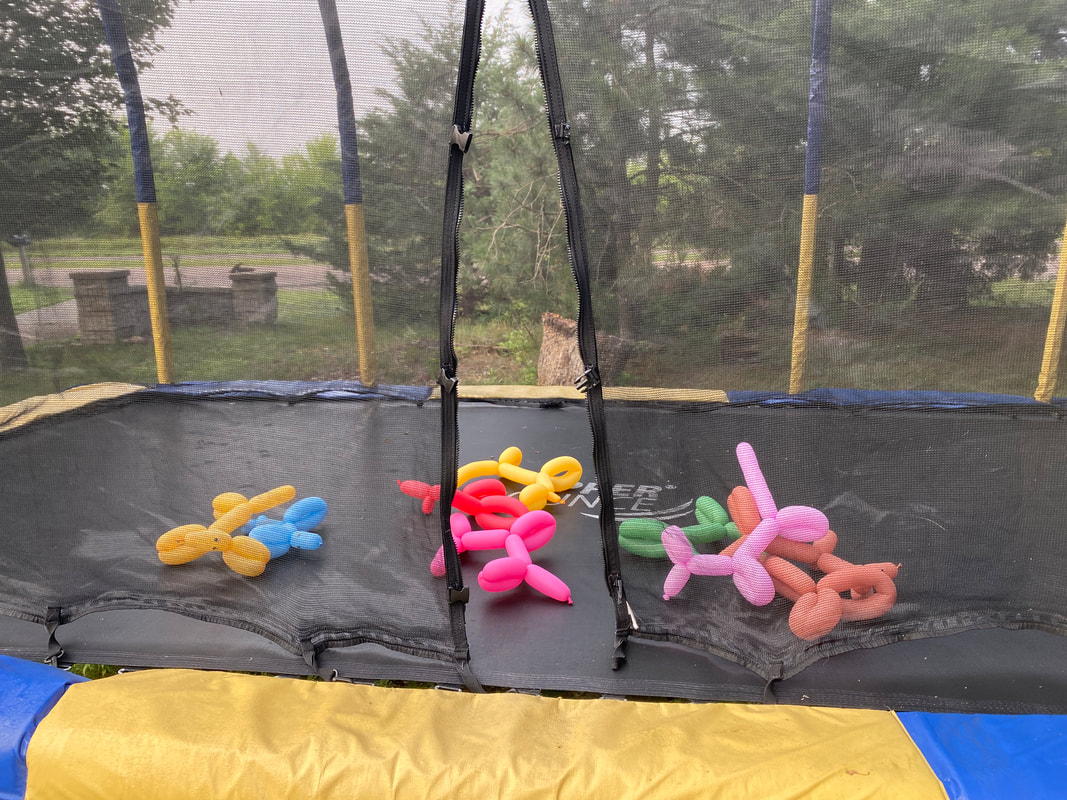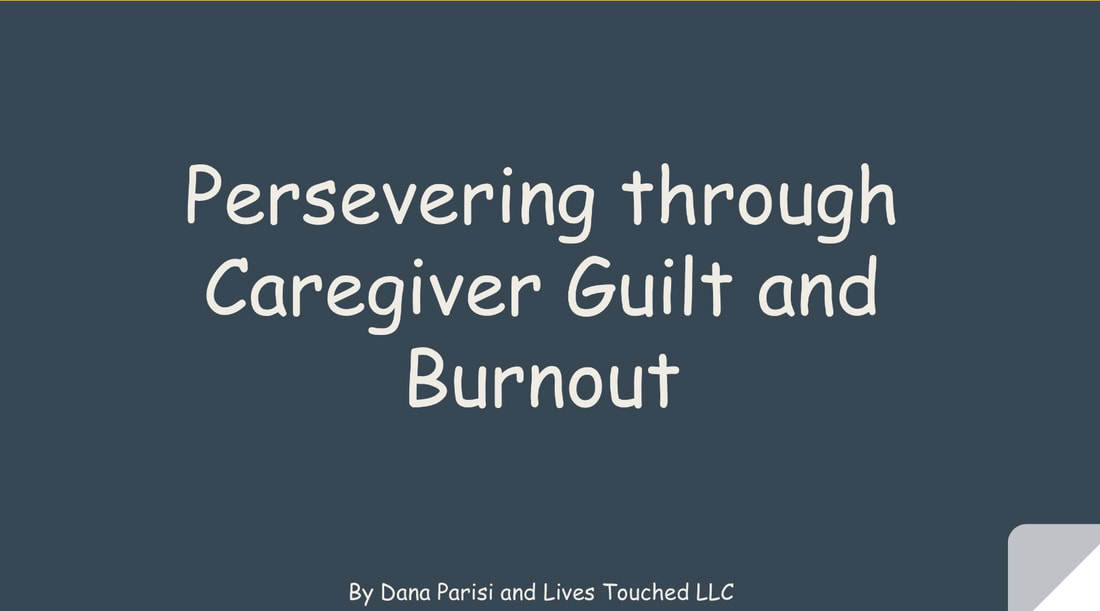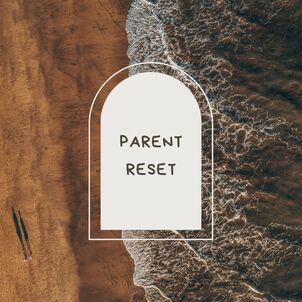|
Do you have any family reunions or large gatherings planned for the summer?
My family of origin is fairly small so our gatherings aren't huge. But the words "family reunion" make me picture large boisterous groups of distantly related people along with lots of noise, games, food and stimulation. My husband's side of the family is big and we have plans to attend a large family gathering soon. My kids will be meeting many distant family members for the first time! It makes me mindful of my four kids and their unique personalities and responses to different environments. I can picture some of my kids jumping right into the unknown territory and having a blast. I can also picture some of my kids feeling very overwhelmed by the noise, the unfamiliar people and the uncertain time frames. If you have a child who's sensitive, shy, easy overwhelmed, or tends towards feeling anxious then here are a few things that could help you set your family up for more successful reunions.
0 Comments
How do you feel when you think about the fact that summer is at least half way done? It's ok to have mixed feelings about it. Summer can hold so many fun things, swimming, picnics, parks, fireworks, fairs! At the same time, for my family and lots of families that I work with, there is some summer burnout that happens around this point.
Summer burnout can happen for kids and for parents. It might be kids feeling a bit bored and starting to feel that all this time off is getting old. It might be parents feeling tired of all the driving to activities, or juggling their work while kids are at home, or navigating siblings fighting or whining. Here are a few ideas to help you enjoy this second half of summer, block burnout and build some more fun memories:
*go visit the animal shelter or pet store *make a bird feeder with a milk jug and some duck tape *make a summer journal with a daily question or topic *write and illustrate a comic book *make mini figures out of clay and add them to your house plants *visit the farmers market and buy something you've never tried before *run through the sprinkler *make a hopscotch board (It's really fun to play hopscotch on a trampoline if you have one! Use chalk to make the hopscotch board) *paint rocks *sit outside for 10 minutes and record the types of birds you see, use a bird book to find their names *make a summer art project on a large sheet of paper that you can add to throughout the summer *try out an oldie but goodie like a jump rope, hula hoop, skip ball or kids' pogo stick *make a bike obstacle out of chalk on the driveway *make an obstacle course in the yard or at the park *give your kids a scavenger hunt for the yard, or on a family walk (taking photos of the objects is a fun addition) Share your fun ideas with us here! Summer success planning:I personally have grappled with the start of summer for years now.
On one hand I think of summer as this magical time of fun, connection and happy memory building. On the other hand, I start to worry about this big transition and change of structure for my kids. How do I balance the right amount of activities with the need for downtime? What about behavioral challenges? How can I use good communication with the other adults involved (co-parent, grandparents etc) to make this summer successful? Check out this recorded webinar on Summer Success Planning for Parents and Grandparents. https://livestouchedcoaching.podia.com/summer-success-planning-for-parents-and-grandparents It will help you get the ball rolling on finding the right summer structure for your family, communication between adults, and behavioral challenges. Use the coupon code SUMMER2023 to get 10% off all products Wishing you a joyful summer! Parenting is no 9-5 gig! When we dreamed of starting our families, we knew it would be amazing, challenging, rewarding and tough!
When the parenting seasons are really tough, parents are at risk of feelings of guilt and burnout. This parenting job doesn't come with paid vacation, or "off duty" hours. If you're struggling with feelings of parenting guilt: "Nothing I do is enough" "I'm messing everything up" "I don't have the time I need for my kids" "Everyone has this figured out better than I do" Or Parental Burnout "I don't know how long I can keep doing this." "I love my kids, but I don't want to be around them." "Enough already, I just feel like escaping." Check out this one hour recorded webinar on Persevering through Caregiver Guilt and Burnout https://livestouchedcoaching.podia.com/persevering-through-caregiver-guilt-and-burnout The recorded webinar takes an empathetic look at parenting guilt and burnout and equips you with practical strategies to help you persevere and regain balance and joy in your parenting experience. This webinar is for any parent or caregiver feeling guilty or burnt out. *Adoptive and foster parents are at high risk of burnout, as are parents of kids struggling with mental health or are neurodiverse. If you or someone you know could use support please reach out. Bonus: The recorded webinar comes with discounts on all the other products and parenting tools and courses available from Lives Touched, including the Family Healing and Growth Course Reach out if you could use support on your journey. livestouchedcoaching@gmail.com Sincerely, Dana |
AuthorDana Parisi Archives
April 2024
Categories
All
|





 RSS Feed
RSS Feed
